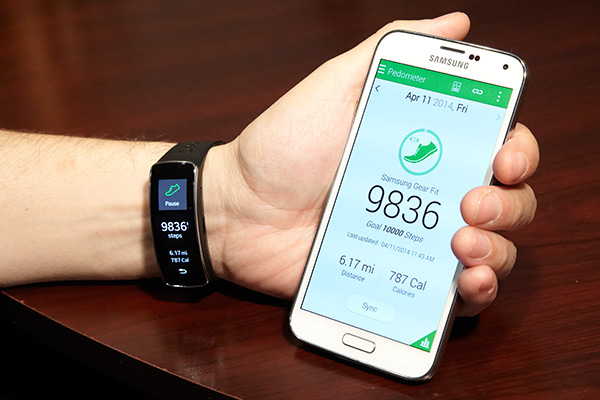

Samsung is good at battery life in their watches so we can expect that to be carried over to this. The fitness stuff will be powered by Fitbit technology and we already know that is good. If it happens anytime soon, it’ll be a leap and not just a jump. We do know that Google Maps will be a standalone app at some point, hinting at cellular models, which is exciting.

also use WearOS right now, and if users want these names on their wrist, these companies will also be in line to want the new OS. Android will bring its beautiful design system to it.īig watch companies like Garmin, Fossil, Citizen, TAG Heuer, etc. The partnership with Samsung means that Samsung will bring their experience of hardware, especially their work on chip design and their experience of the smartwatch. Last year Google bought Fitbit, which only adds to why this is the right time for them to work on the watch. Android is a mature enough OS now that they can go all-in on their plan for ambient computing. This is the right time for Google to overhaul its offering. And if you want things beyond fitness, that will be even harder to come across. I mean Google Fit is great for basics but if you wanted something more dedicated to fitness or a certain sport, you won’t find it. WearOS’s falling comes from the lack of third-party development. #GoogleIO /vj2aYZD81x- Google May 18, 2021 ⌚ Apps will start faster, battery life will be longer and you'll have more choice than ever before, from devices to apps and watch faces. We’re combining the best of and Tizen into a unified wearable platform. The name of the new OS is just Wear, though that might change down the line. I am not saying partnering with Samsung is what I am calling drastic, but I am not not saying that.

In order for Google to offer something even close to that for Android users, they had to do something drastic. The greatest wrist computer to exist right now is the Apple Watch, which is expensive, doesn’t pair with an Android phone but runs laps around Wear OS and Samsung devices. This makes them a level above fitness trackers in terms of what they offer an average user. The promise of a smartwatch is something that limits your smartphone use on a day-to-day basis and tracks your fitness – though it is not a medical device. The world of Android smartwatches is nascent at best. Samsung, on the other hand, makes better, if not great, smartwatches. Google is not a name you associate with smartwatches, even though they technically make software for it – WearOS.


 0 kommentar(er)
0 kommentar(er)
